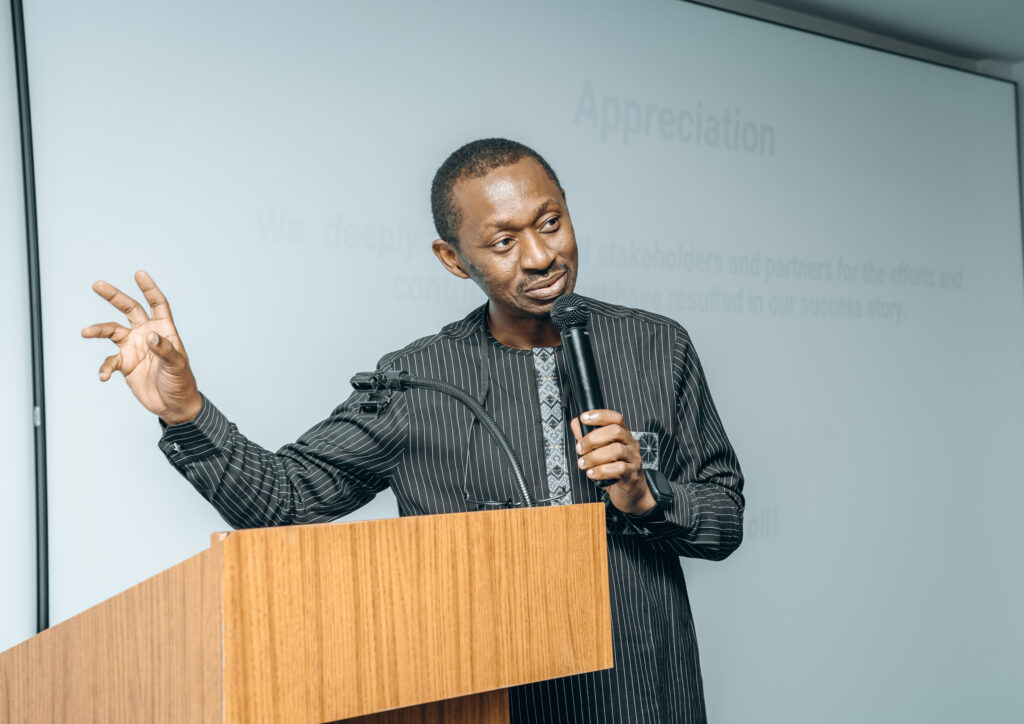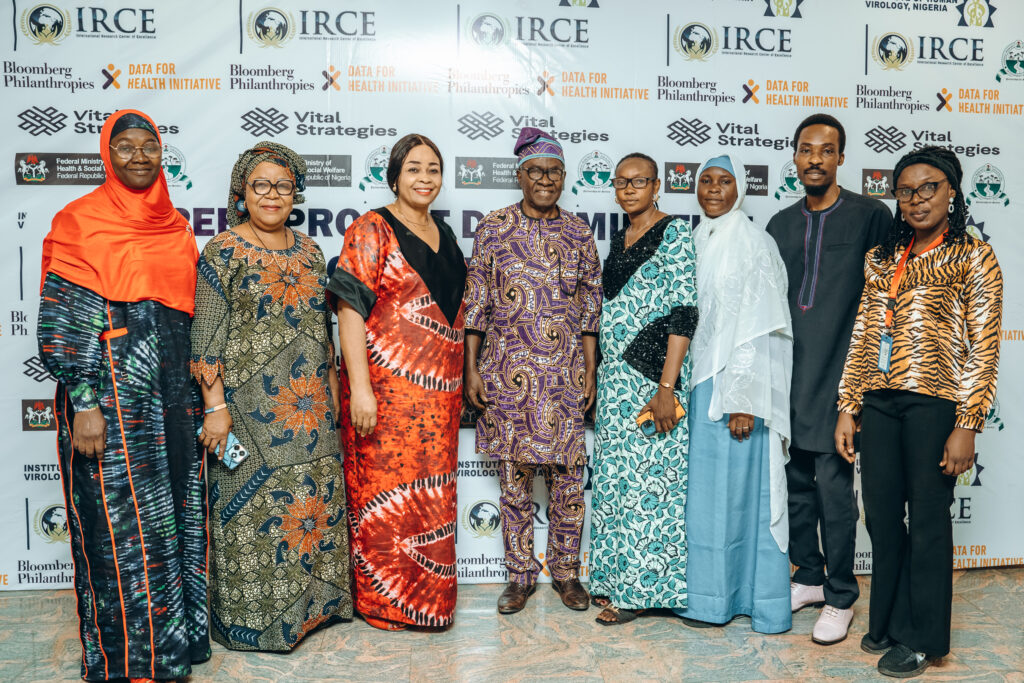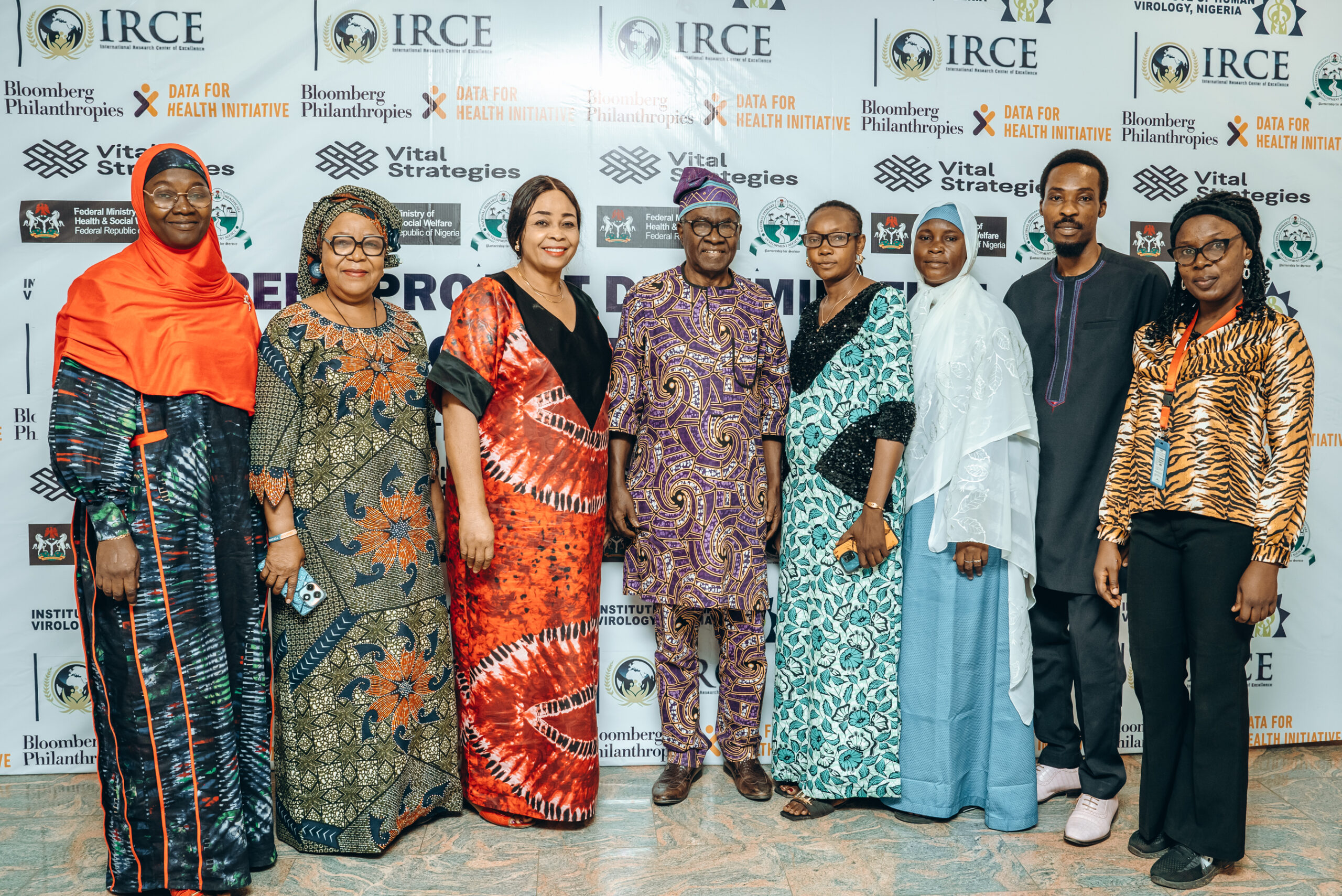The “Improving Nigeria’s Capacity to Use Data of Registered Stillbirths for Decision Making (SPEED Project)” has pioneered the country’s first real-time stillbirth reporting, along with quarterly still-birth national data reporting to support budgeting and work planning.
SPEED Project Principal Investigator, Mrs Oghome Emembo revealed these achievements at the project’s dissemination and close-out meeting which held at the IHVN Campus in Abuja.
SPEED Project was implemented by the Institute of Human Virology Nigeria (IHVN)-International Research Center of Excellence (IRCE) from September 2023 – March 2025.
According to Mrs. Emembo, during the 18-month project implementation period, the project analysed still-births data from 2014 to 2023 from the Federal Ministry of Health’s DHIS platform and spearheaded actions to use data for process change.
“Data revealed that one in 40 pregnancies in Nigeria ends in a still-birth. Still-birth rate is 24 per 1000 live births and this is currently twice the expected target of the Every Newborn Action Plan (ENAP) Global Target of 12 per 1000 live births by 2030.
The project achieved real-time reporting of still-births through publishing of still-births dashboard on the Federal Ministry of Health and Social Welfare’s website. Our activities also stimulated an evidence-based programmatic response from the Federal Ministry of Health and Social Welfare through the expansion of the “Helping Babies Breathe” program to Zamfara state in Northern Nigeria. This is a welcome development as Zamfara state has the highest still birth rate of 53 per 1000 live births,” she said.
She added that SPEED project also facilitated a review of the National Health Management Information System (NHMIS) still birth data collection tool to improve collection and reporting of stillbirth data in Nigeria.
Mrs. Emembo said still birth is a “disheartening tragedy and a silent crisis” in the country and called for sustained actions to prevent it.
At the meeting IRCE Coordinator, Dr. Evaesi Okpokoro thanked stakeholders from the government, media, civil society, medical professionals and advocacy groups for making SPEED project a success. He called for continued advocacy at the state level to reduce still-birth rates.
For sustainability of the project’s impact, the project constituted two groups, namely the “Media Against Stillbirths” and the “Still-Birth Data Use Advocacy” groups.




